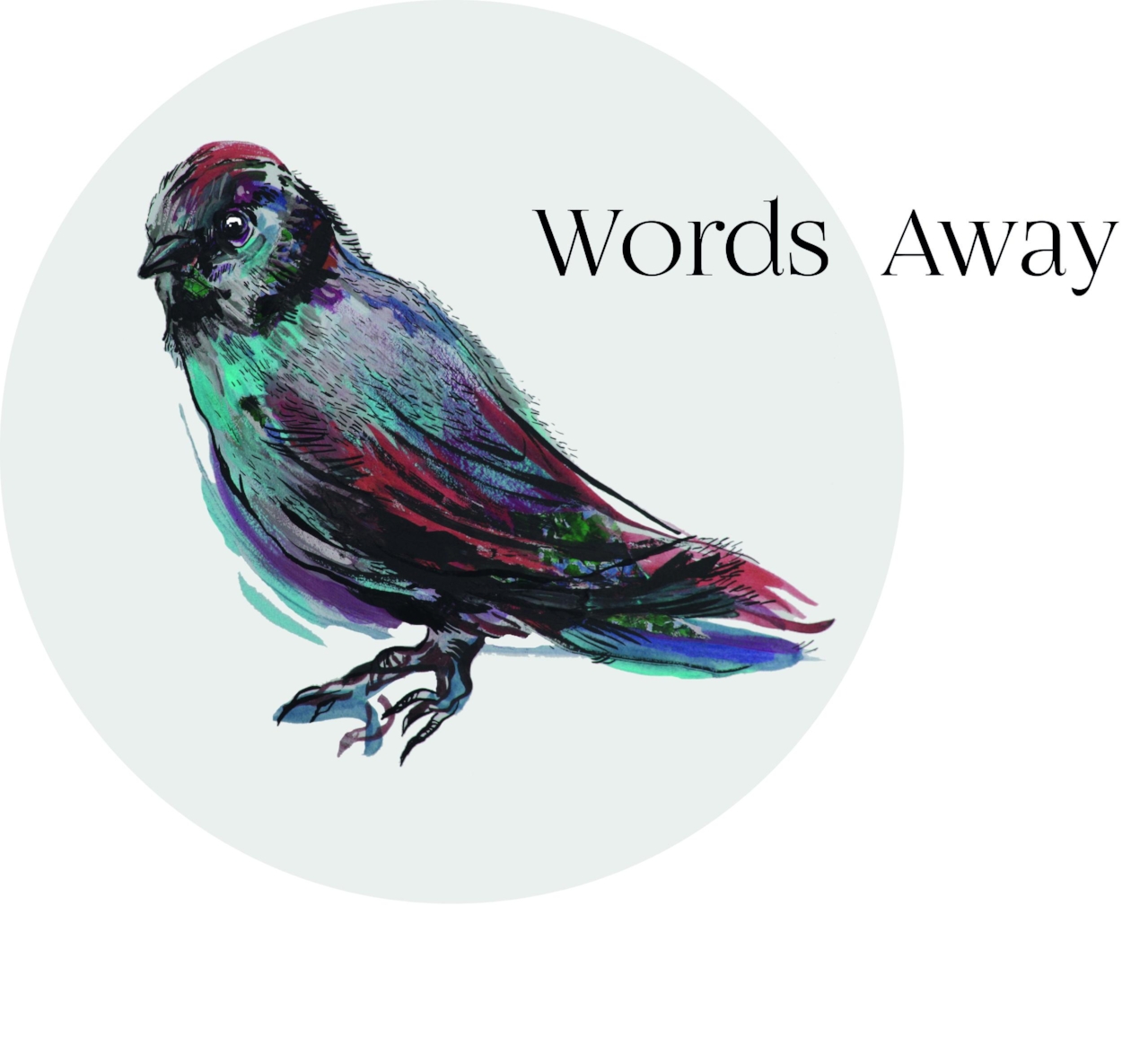Words Away is back! It was a delight to host the first of a series of monthly online zalons, beginning with the brilliant Anna Mazzola to discuss writing Gothic fiction. The event was well attended with folk joining us from across the UK and Europe. For those of you who missed it you’ve got another chance to catch up on demand: Writing Gothic Fiction.
More zalons are imminent with Leone Ross on 14th November and Zoe Gilbert on 5th December. I’m also excited to be hosting an in-person workshop led by Andrew Wille on Saturday 26th of November at a special venue tucked away in the heart of Central London - links to all events below.
Anna Mazzola is the award-winning author of three Gothic historical thrillers, plus one ghost novel, with a contemporary thriller in the works. She’s also a writing tutor at The Novelry as well as, in her spare time, a human rights and criminal justice solicitor.
For Anna, Gothic fiction, is characterised by an environment of fear and unease, including the possibility of the supernatural and the intrusion of the past on the present. That might be through setting, and/or through the psychology of the characters, (as in Rebecca, by Daphne Du Maurier). Anna’s fascinated by history and how people lived their day to day lives, “you often don’t get that from history books, but you do get it from novels”.
We touched on her approach to research, how she develops her ideas and some of the technical decisions she might make (about point of view, tense and structure). “The most effective spooky stories tend to have a close narratorial viewpoint: we are in the eyes of the narrator…and it’s not just seeing through their eyes but being in their head." For Anna, “the most masterful ghost and Gothic novels have a strong psychological element, novels in which what is real and what is not is a battle within the mind of the protagonist."
Anna had oodles of practical suggestions for Gothic writers:
On beginnings and opening pages and how to ease a reader into the past: “start with an image that will establish the setting and mood, capture the theme of the novel and the reader’s attention.
On creating characters and world building - voicing unheard or imagined characters from the past as well as real historical figures: “make your own rules about what kind of book you want to write. Some people have firm views about sticking to the historical record if you’re using real historical figures.” Anna said she’d made a decision that she’s not writing straight historian fiction, rather she’s writing something slightly fantastical. As a result there are prize lists she won’t get on “but we all have to write what we want to write.”
Settings and atmosphere: “choose a setting that has the capacity to become it’s own world.” It doesn’t necessarily have to be a dilapidated gothic mansion…the secret is to make that place its own world, removed from reality and somehow ‘other’. Islands, for example, are particularly good settings and it’s no coincidence that they recur in many ghost and Gothic tales.
Write what scares you: Work out what makes you uneasy, and communicate that to the reader. Don’t spoon-feed the Reader, “perhaps the most powerful weapon in a writer’s arsenal is the unknown - the unlocking of the readers darkest imaginings. Only you know what really scares you so only you can you begin to summon it…In really effective ghost stories, terrors are glimpsed or imagined in the crack, rather than leaping out of the shadows to grab you by the throat.”
Ambiguity and psychology: It’s not just seeing through the narrator’s eyes but being in their head. For Anna the most masterful ghost and Gothic novels have a strong psychological element, novels in which what is real and what is not is a battle within the mind to the protagonist (e.g. The Turn of the Screw by Henry James & The Yellow Wallpaper by Charlotte Perkins Gilman)
Endings: Anna reiterated that “the most satisfying ghost and Gothic stories leave a window open for the possibility of an as-yet unknown reality. There is no neat tying up of ends, but an ambiguity that leaves us to question and imagine what has happened and what is real.
Thank you very much to Anna for her generous writerly insight not to mention a fab reading from her most recent novel, The Clockwork Girl.
Next up at Words Away - follow the links to book:
Online:
Monday, Dec 5: Unconventional Storytelling with Zoe Gilbert
Live:
Saturday, Nov 26th: Reawakenings: A Four Elements workshop led by Andrew Wille at the Phoenix Gardens in Central London. An afternoon of fun and creativity. Spaces are limited.
Thanks for reading!
Kellie
Links and Refs: Anna Mazzola, Anna’s Gothic Reading List: We have Always Lived in the Castle, Shirley Jackson, Rebecca and My Cousin Rachel, Du Maurier (also her short stories including Don’t Look Now), The Little Stranger, Sarah Waters, The Loney, Andrew Michael Hurley, Perfume, Suskind, The Thirteenth Tale, Dianne Setterfield, Beloved, Toni Morrison, Thin Air and Dark Matter, Michelle Paver, The Bloody Chamber, Angela Carter, The Yellow Wallpaper, Charlotte Perkins Gilman, Wuthering Heights, Emily Bronte, Jane Eyre, Charotte Bronte, Wide Sargasso Sea, Jean Rhys, Francis Hardinge, Laura Purcell. More horror: Catriona Ward, Last House on Needless Street, Little Eve, Stephen King, The Shining and Carrie, William Gay, Little Sister Death. Also mentioned: Smells: A Cultural History of Odours in Early Modern Times by Robert Muchembled


